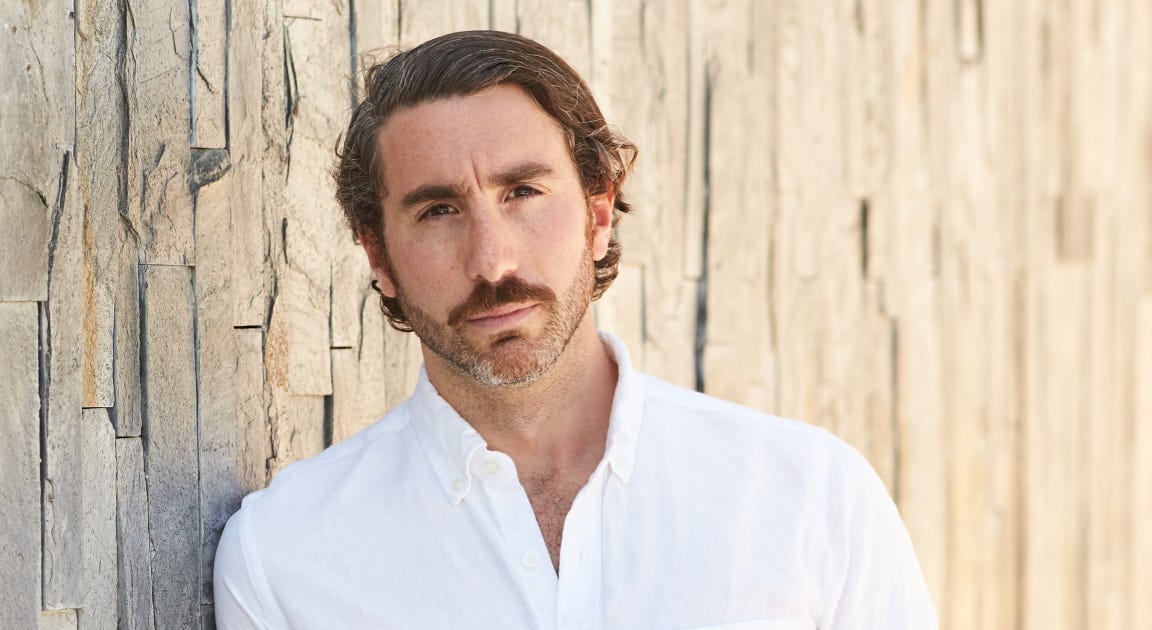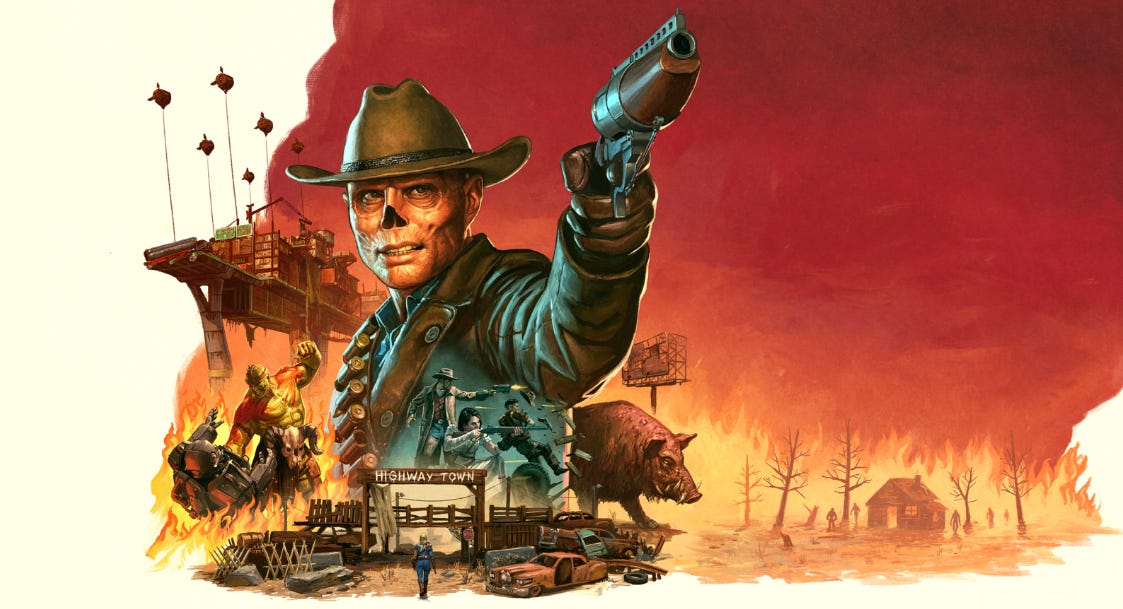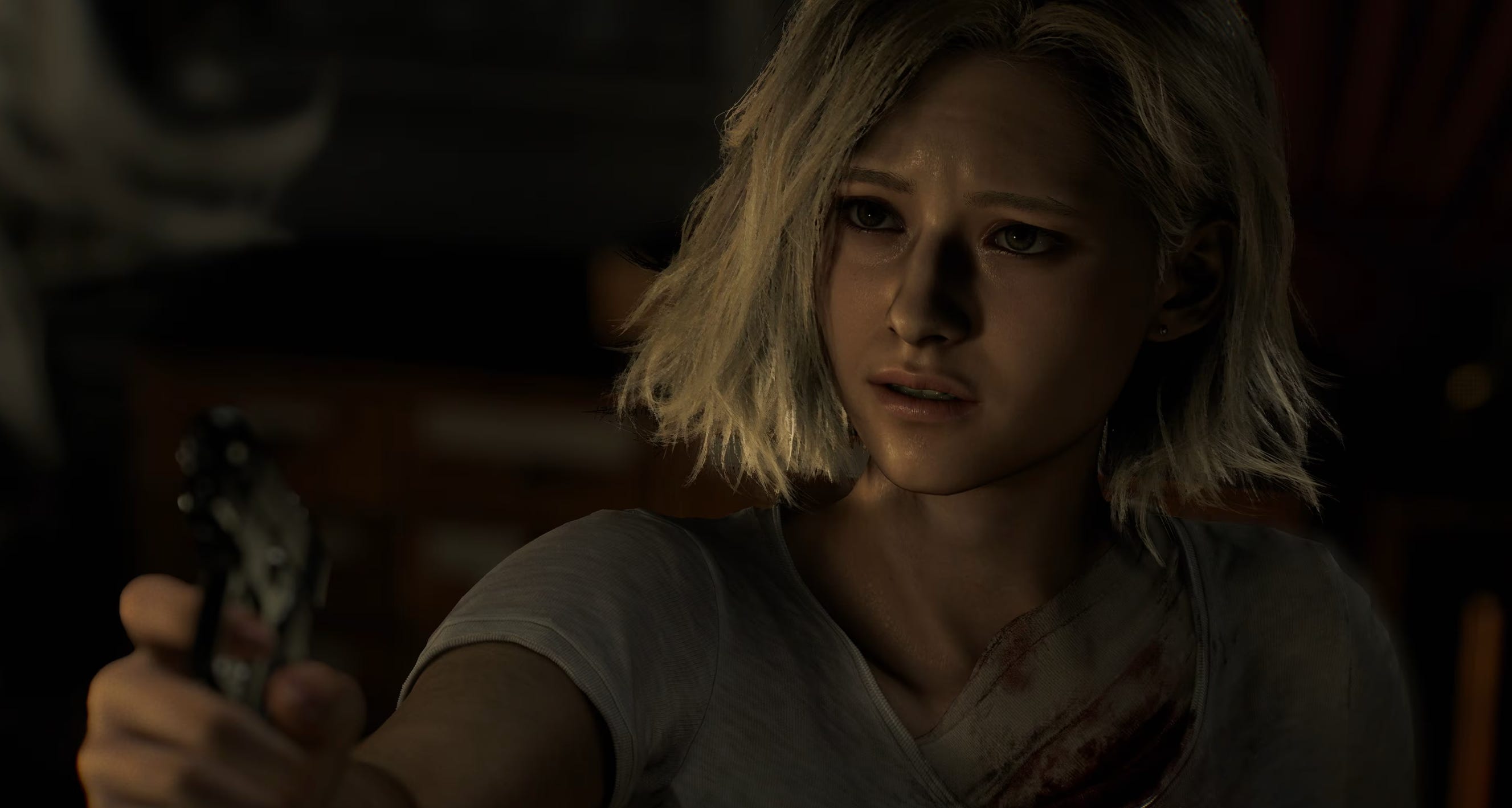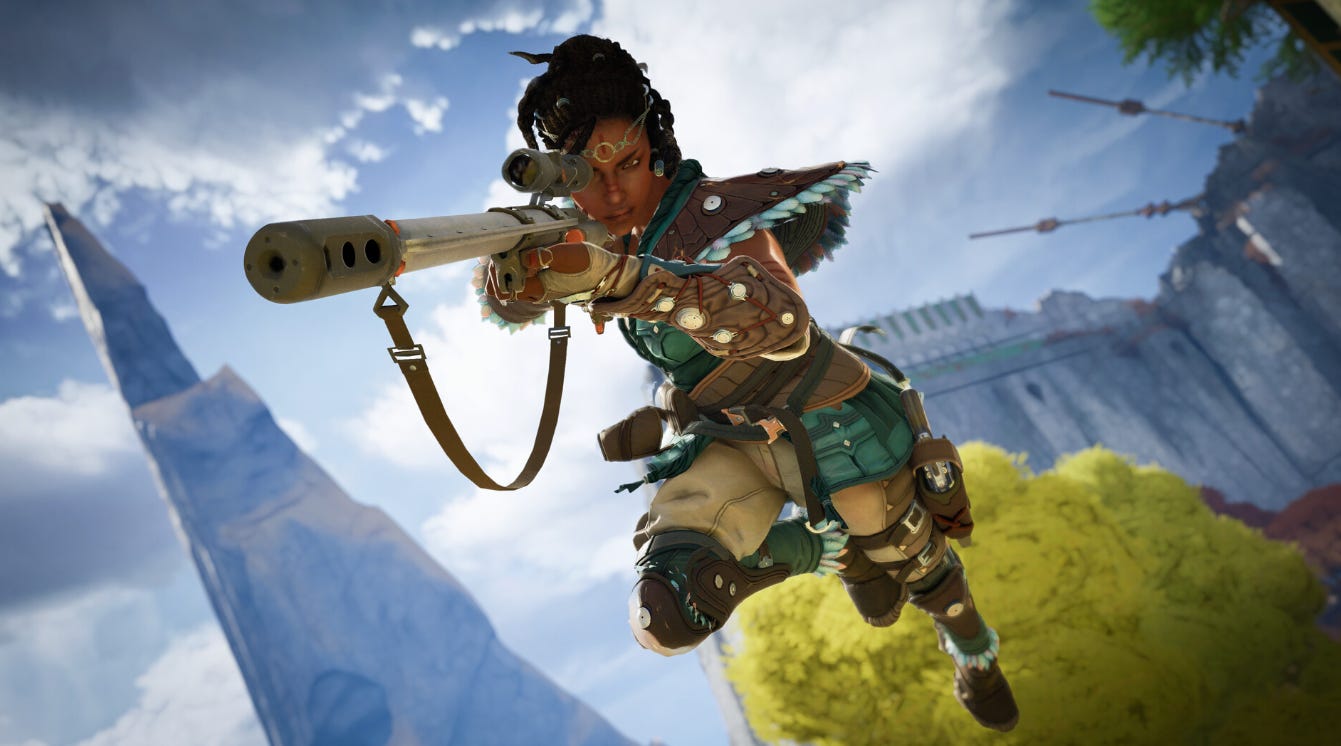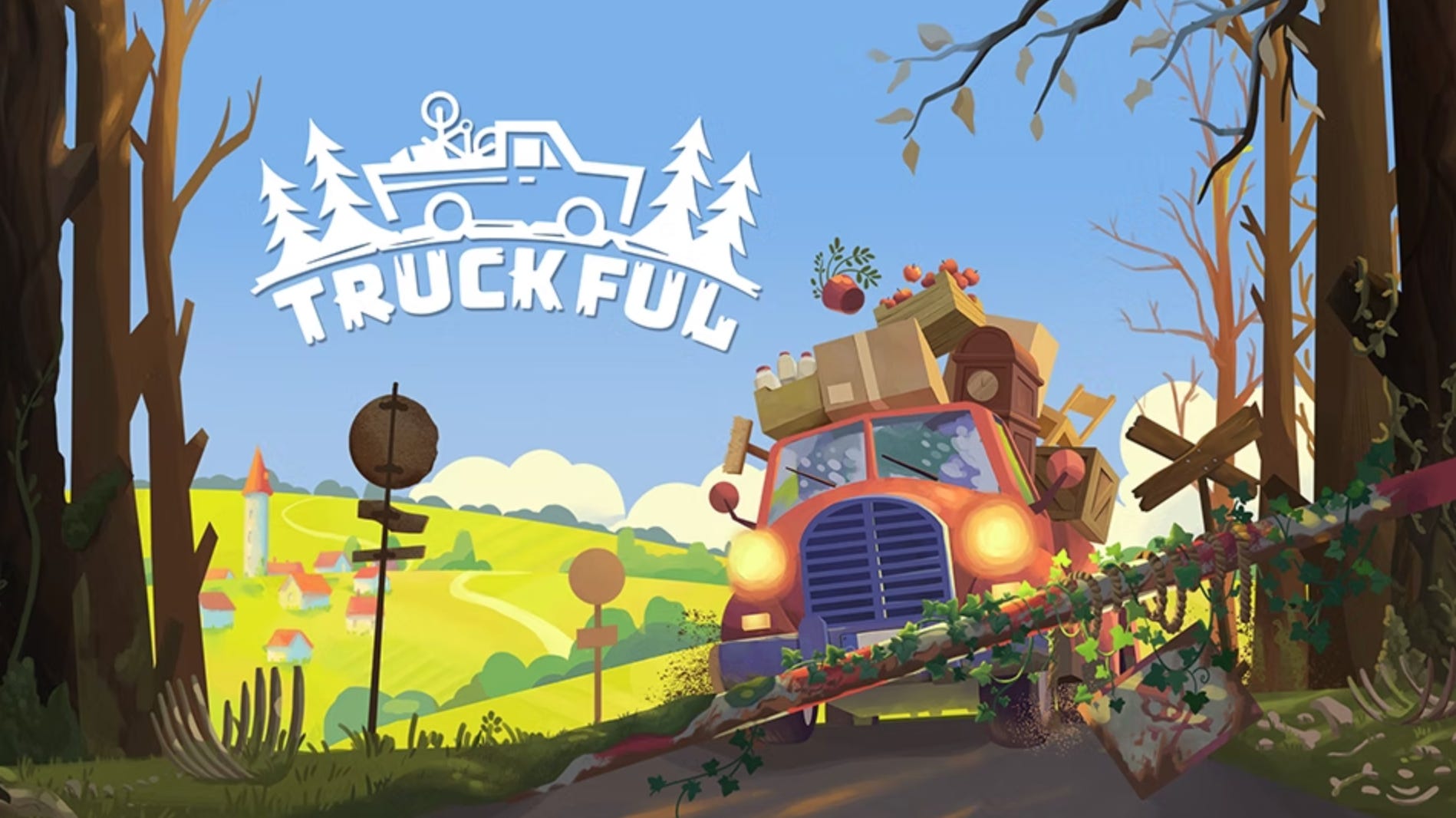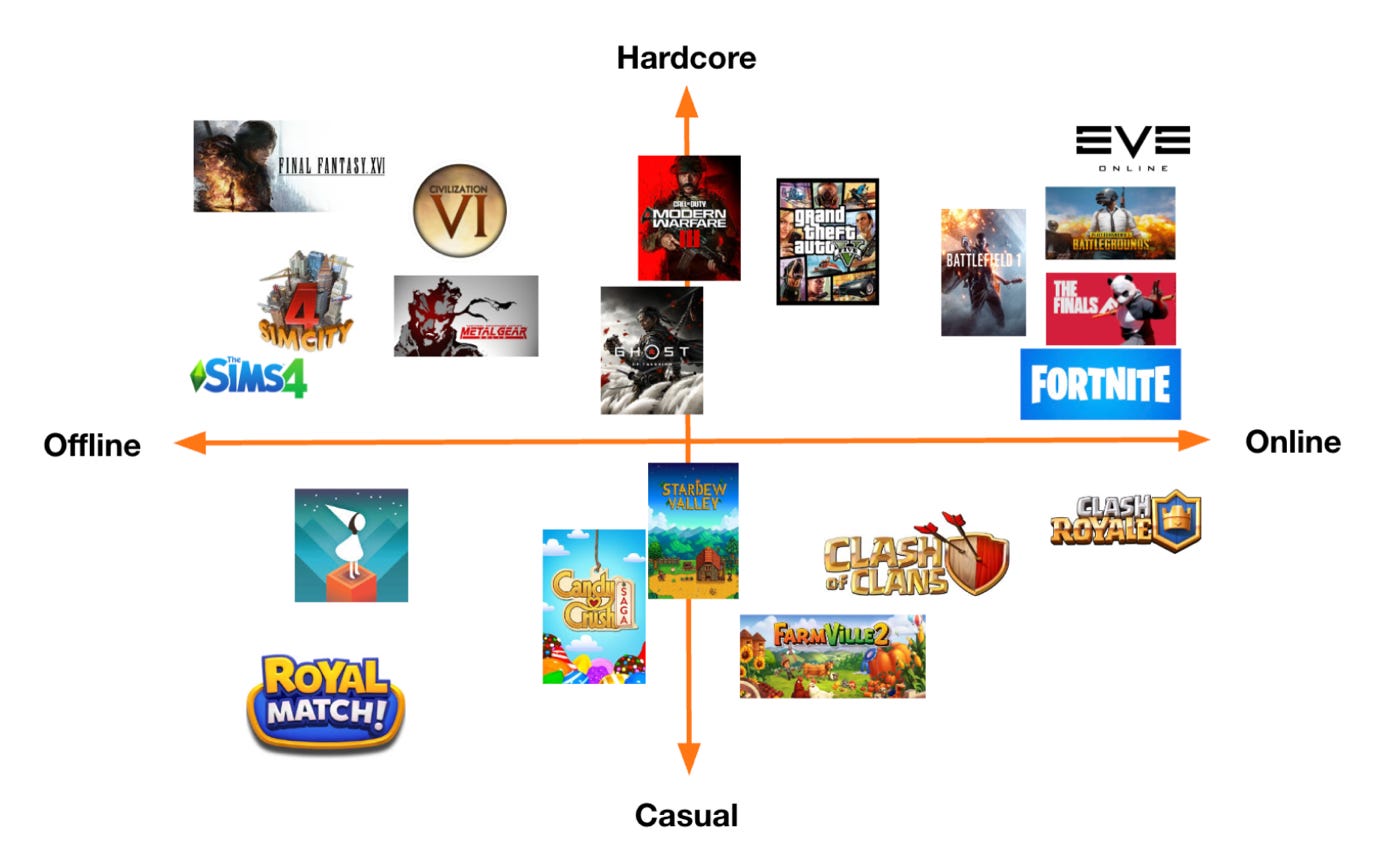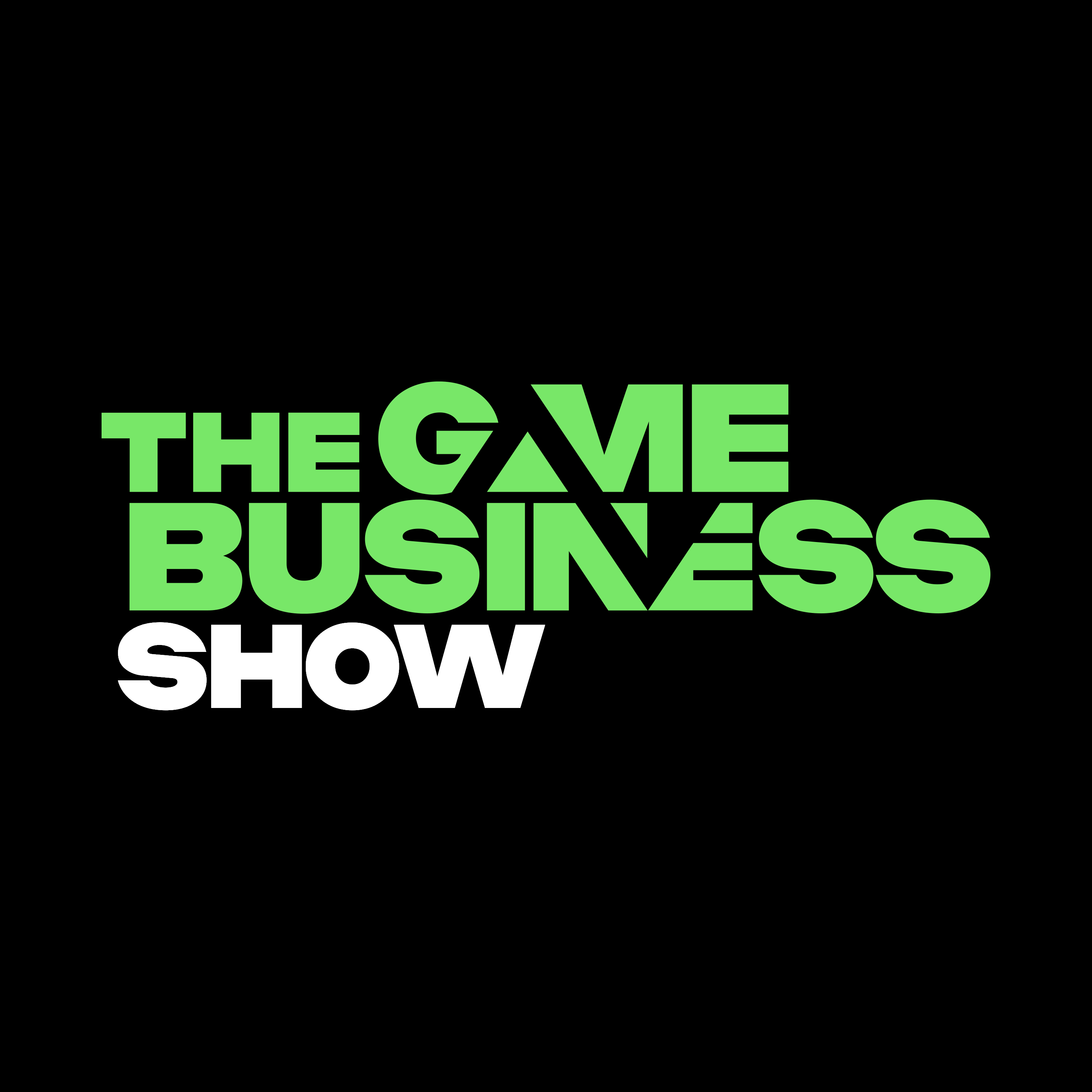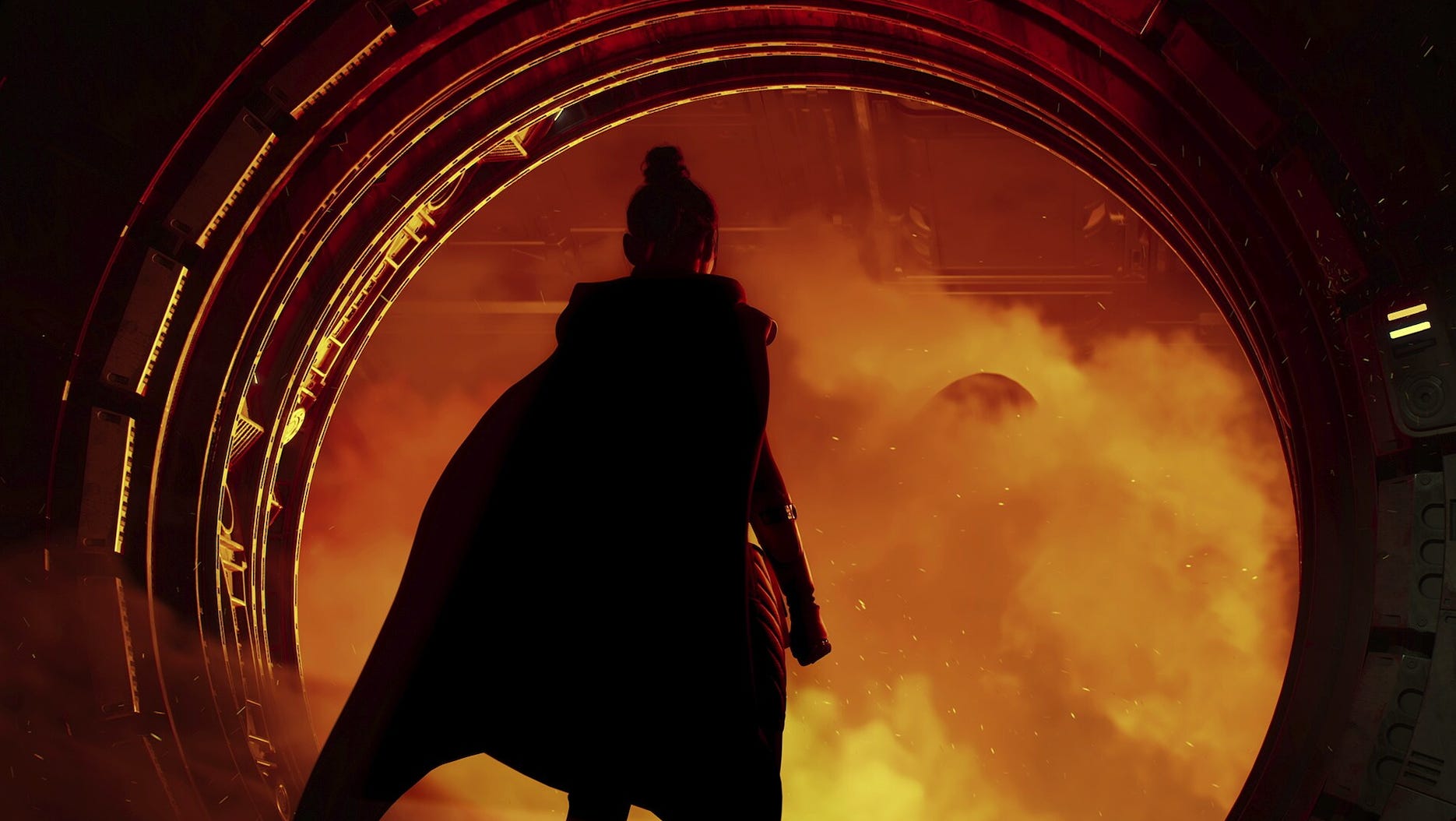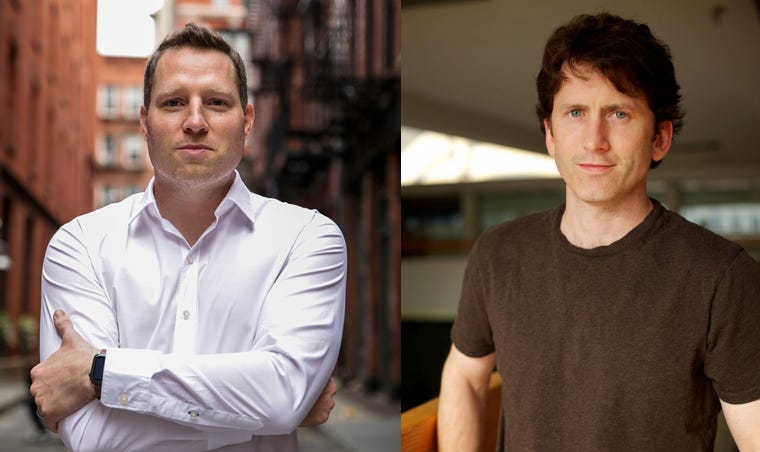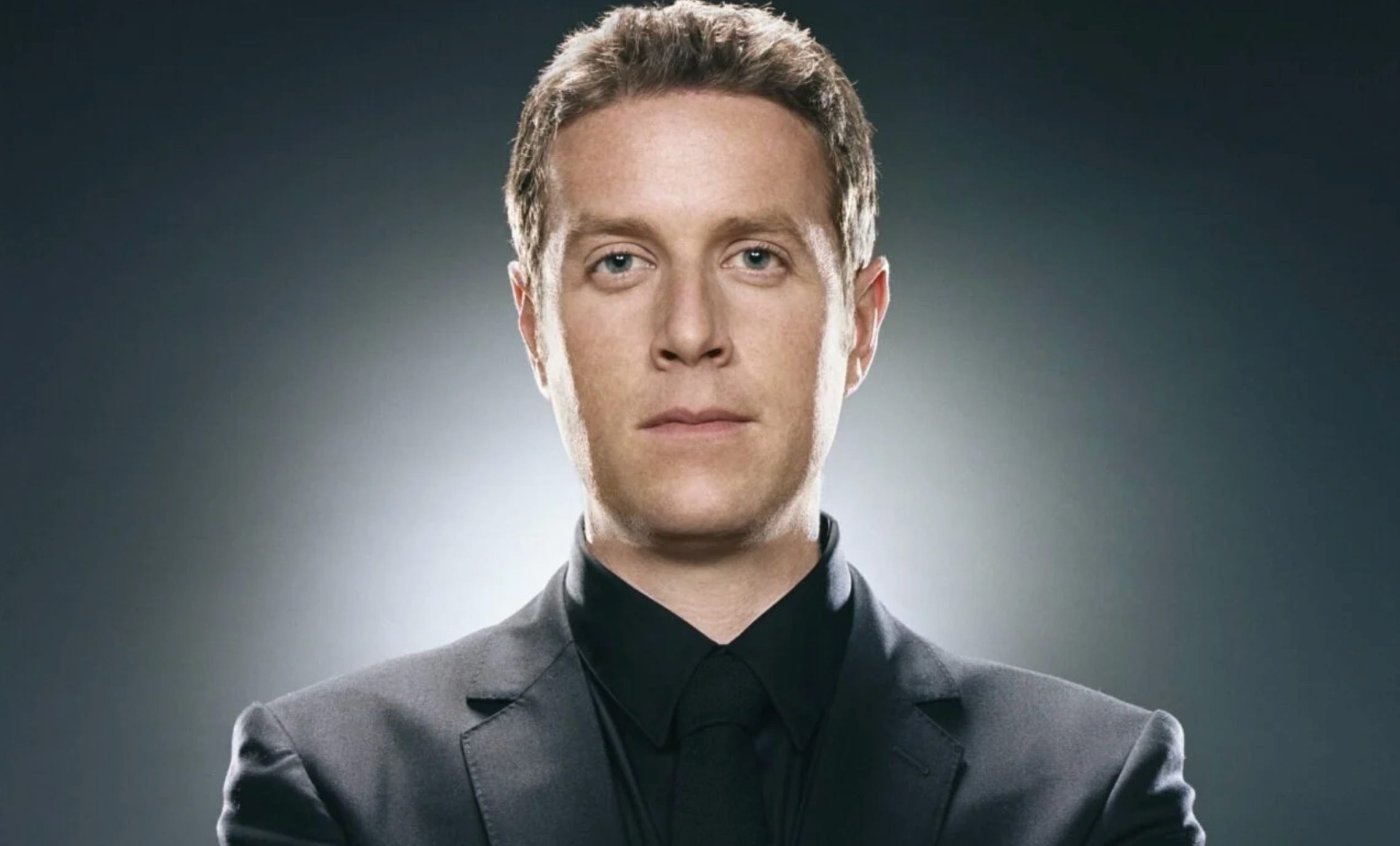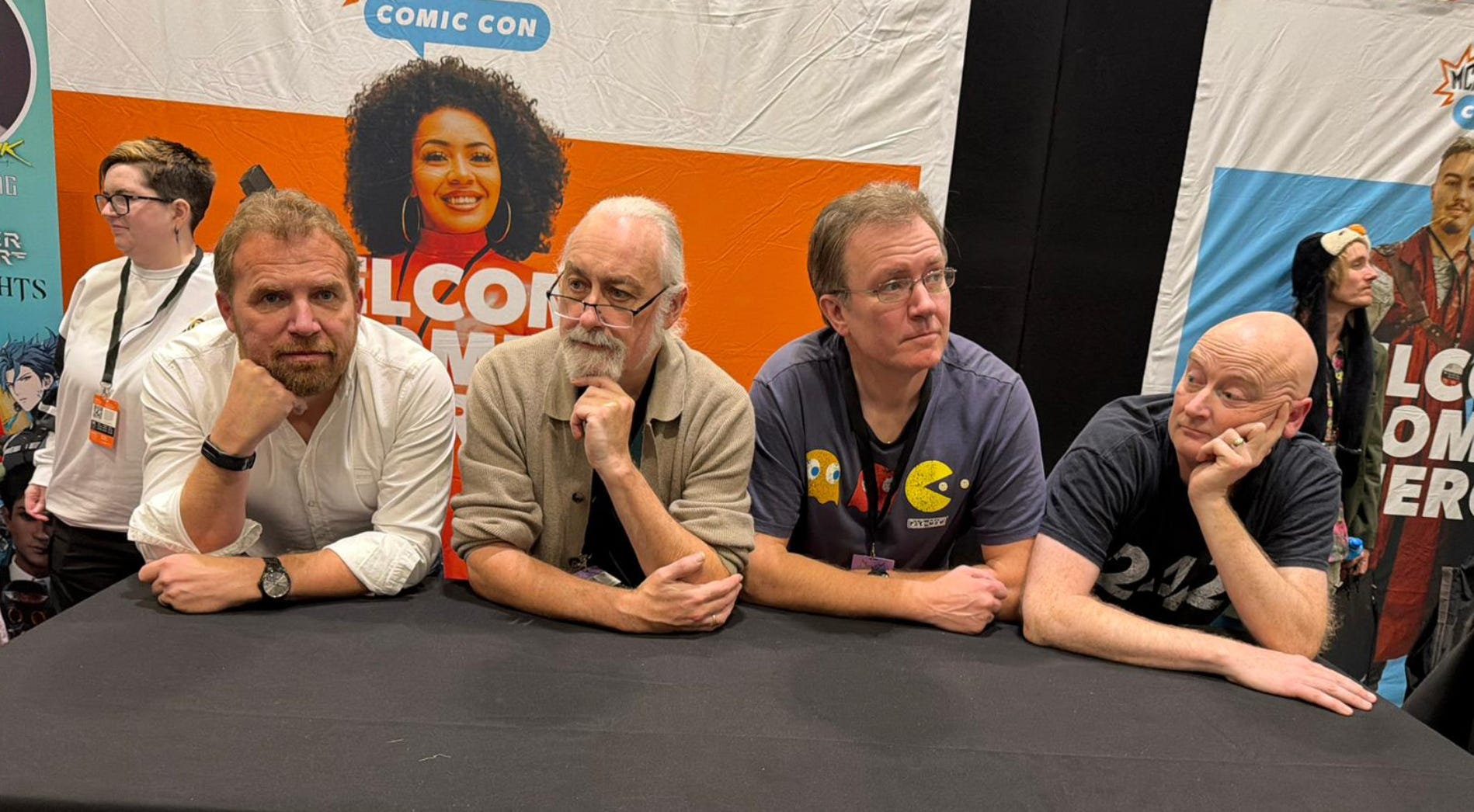Discover The Game Business Show
The Game Business Show

The Game Business Show
Author: Hosted by Christopher Dring
Subscribed: 38Played: 1,092Subscribe
Share
© (C) 2025, The Game Business
Description
Christopher Dring hosts interviews, in-depth analysis and special features on what's truly going on in the video games industry.
www.thegamebusiness.com
www.thegamebusiness.com
93 Episodes
Reverse
Industry analyst and advisor Matthew Ball has released his annual presentation, which this year asks (and answers) the question: if video games are at an all-time high, why are so many game companies still struggling?To mark its release, Matthew joins us for a bumper interview around all things video games. In part one of our interview, Ball discusses China and Roblox problem, the console challenge, the loss of game funding, and the missed opportunity with older players.Meanwhile, Chris recaps some of the biggest stories, including Circana's prediction about the market in 2026, Steam Deck OLED becoming unavailable and more news in the on-going discussion around Highguard. This is a public episode. If you'd like to discuss this with other subscribers or get access to bonus episodes, visit www.thegamebusiness.com/subscribe
In this special edition of The Game Business Show, Chris visits 22Cans to meet with five video game legends: Mark Healy, Kareem Ettouney, Ian Wright, Russell Shaw and Peter Molyneux. The five are famous for Fable, Black & White and Dungeon Keeper, and have reunited to create one last game together: Masters of Albion.Chris uncovers their history, what drove them back together, and what to expect from their gaming swan song. This is a public episode. If you'd like to discuss this with other subscribers or get access to bonus episodes, visit www.thegamebusiness.com/subscribe
In this week's edition of The Game Business Show, Chris speaks with two of the leaders behind the Fallout 76 online game: Bill LaCoste and Jon Rush. The three specifically talk about the hit Fallout TV show on Amazon, and the impact that it has had on the RPG. We also learn more about the game's surprisingly friendly community. This is a public episode. If you'd like to discuss this with other subscribers or get access to bonus episodes, visit www.thegamebusiness.com/subscribe
In this week's edition of The Game Business Show, we are joined by Circana boss Mat Piscatella, where we discuss the biggest video games coming out this year (that are not Grand Theft Auto). We also review the US games market. Plus, Chris gives his take on the Sony, Nintendo and Take-Two financials. This is a public episode. If you'd like to discuss this with other subscribers or get access to bonus episodes, visit www.thegamebusiness.com/subscribe
In this week’s edition of The Game Business Show, we sit down with World of Warcraft leaders Holly Longdale (VP) Ion Hazzikostas (game director), where we discuss the game’s ageing audience, the impact of World of Warcraft Classic, working with Microsoft and the future of the Warcraft IP. This is a public episode. If you'd like to discuss this with other subscribers or get access to bonus episodes, visit www.thegamebusiness.com/subscribe
This week we have guests aplenty on the Show, including GDC organisers Mark DeLoura and Beth Elderkin, who discuss their latest State of the Industry report, and give us an update on how GDC 2026 is shaping up in the face of turbulent external challenges.We also welcome former GDC organiser and current AIAS boss Meggan Scavio, who joins us to announce this year’s edition of the Game Maker’s Sketchbook.Plus, we cover the latest cuts at Ubisoft, UK consumers vs Valve and another strong financial performance for Capcom. This is a public episode. If you'd like to discuss this with other subscribers or get access to bonus episodes, visit www.thegamebusiness.com/subscribe
In this edition of The Game Business Show, Chris sits down with the leaders of Wildlight, which is the studio behind the new online raid shooter Highguard. The new game launches after a hostile reception to its big The Game Awards reveal last month.The team discuss that reception, its decision to self-publish Highguard, and the lessons it's learned from working on Apex Legends. This is a public episode. If you'd like to discuss this with other subscribers or get access to bonus episodes, visit www.thegamebusiness.com/subscribe
Today's edition of The Game Business Show is a VR special, where we react to the news that Meta is scaling back its investment in virtual reality.The VR sector has come to rely on Meta for much of its player base and revenue, so this news sounded existential. But is it?On the Show today, we welcome VR specialist and analyst Cassia Curran, and Owlchemy Labs (that’s the Job Simulator lot) boss Andrew Eiche, who discuss where we are with VR, and how it might survive This is a public episode. If you'd like to discuss this with other subscribers or get access to bonus episodes, visit www.thegamebusiness.com/subscribe
In today's edition of The Game Business Show, Palworld developer Pocketpair looks back on its 'difficult and scary' move into publishing and funding other people's games. We speak to publishing and community boss John 'Bucky' Buckley to discuss the games he's signed so far, what he looks for from pitches, and what life is really like at the Palworld studio This is a public episode. If you'd like to discuss this with other subscribers or get access to bonus episodes, visit www.thegamebusiness.com/subscribe
In this edition of The Game Business Show, we explore the idea that there may not be a video game industry at all! And we are joined by industry veteran, consultant, investor and developer (plus co-owner of Spilt Milk Studios) Nicholas Lovell to discuss the subject.In addition, we look at the latest cuts at Ubisoft, Larian’s shifting position on AI, and the drop in Battlefield 6 players. Enjoy! This is a public episode. If you'd like to discuss this with other subscribers or get access to bonus episodes, visit www.thegamebusiness.com/subscribe
We're joined by Hazelight boss Josef Fares, the creative mastermind behind A Way Out, It Takes Two and Split Fiction - games that have collectively sold more than 43 million copies. In our chat with Fares, we discuss the state of the industry, the impact Clair Obscur: Expedition 33 might have on publishers, their relationship with EA, AI, and unlocking the 'creative monster' in his staff. This is a public episode. If you'd like to discuss this with other subscribers or get access to bonus episodes, visit www.thegamebusiness.com/subscribe
In today's edition of The Game Business Show, Chris is joined by The Guardian's Keza MacDonald to discuss the Switch 2's first Christmas on the market. The two also talk about Nex Playground and its impending European launch, how the Fallout TV show boosted Fallout 4, and Keza's upcoming book 'Super Nintendo'. Finally, the Phasmaphobia team also join the Show to talk about its new publishing division. Enjoy This is a public episode. If you'd like to discuss this with other subscribers or get access to bonus episodes, visit www.thegamebusiness.com/subscribe
In our first edition of The Game Business Show of 2026, we speak with video game acting legend Troy Baker. Chris and Troy chat Indiana Jones, the importance of trust in creating art, the AI future, indie games, the role of game actors in marketing, Kill Bill Fortnite, and Troy's ambition to make his own video game. A nice fun (hopefully inspirational) one to kick off the year. Enjoy! This is a public episode. If you'd like to discuss this with other subscribers or get access to bonus episodes, visit www.thegamebusiness.com/subscribe
To wrap up the year, we have gone back over our nearly 80 episodes and picked some of our favourite moments. Our first draft of this would have been at least five hours long. And we wouldn’t do that to you. So we’ve had to be brutal and select what we think were the more interesting or entertainment moments from the past nine months.Enjoy! This is a public episode. If you'd like to discuss this with other subscribers or get access to bonus episodes, visit www.thegamebusiness.com/subscribe
It is our last News and Analysis Show of 2025! This week, we dive into the big stories of the moment, we reveal who REALLY won The Game Awards 2025, and we look back at the year that was with Newzoo’s director of market intelligence Emmanuel Rosier.Plus, why the whole industry needs to be wary of Rockstar's on-going union row, and why Netflix and Warner Bros might be a good fit when it comes to video games after all.Enjoy! This is a public episode. If you'd like to discuss this with other subscribers or get access to bonus episodes, visit www.thegamebusiness.com/subscribe
In a bleak month for video game consoles, a surprising new competitor emerged in the form of Nex Playground. The sold-out family game console is the spiritual successor to Wii, and the company behind it has huge ambitions. In this episode of The Game Business Show, Chris speaks to Nex CEO David Lee to find out the story behind the platform, and what comes next. This is a public episode. If you'd like to discuss this with other subscribers or get access to bonus episodes, visit www.thegamebusiness.com/subscribe
In today's edition of The Game Business Show, Chris sits down with Bethesda's creative director and executive producer Todd Howard ahead of the release of the new TV show. Along with Samsung's head of gaming Kevin Beatty, the three discuss the ways in which Bethesda are looking to drive interest in the video games by capitalising on the TV show's immense popularity.They also discuss streaming, the important of games people being involved in the TV production, and keeping Elder Scrolls, Fallout and Starfield fans happy. This is a public episode. If you'd like to discuss this with other subscribers or get access to bonus episodes, visit www.thegamebusiness.com/subscribe
In today’s edition of The Game Business Show, we speak with Day 4 Night, the studio behind the upcoming Bradley The Badger, which received its debut at The Game Awards. The studio was formed by Davide Soliani (Mario + Rabbids) and Christian Cantamessa (Red Dead Redemption), and was one of the most distinctive games on show. It’s also a game that has received big investment from the likes of 1Up Ventures and Krafton. We spoke to Christian and Davide about securing funding during a challenging time for games, the importance of doing something a bit crazy, and trying to bring satire to the game space. Note: This week’s episode suffers from some audio issues, particularly in the second half. We apologise for the sound, and if you’d rather read the interview, you can at www.thegamebusiness.com. This is a public episode. If you'd like to discuss this with other subscribers or get access to bonus episodes, visit www.thegamebusiness.com/subscribe
Hello!This week is our The Game Awards special, featuring TGA host, executive producer and CEO Geoff Keighley (who, yes, also happens to be the co-founder of The Game Business).In this edition, Geoff discusses what goes into building the Awards, reaching an even wider audience, the changing way games are announced, and much more.Enjoy! This is a public episode. If you'd like to discuss this with other subscribers or get access to bonus episodes, visit www.thegamebusiness.com/subscribe
On this week’s The Game Business Show, Chris is joined by Andy Robinson, the founder and editor of Video Games Chronicle. Together, we chat about the latest industry stories, the growing popularity of old games, plus the latest data coming out of the Asia and MENA game markets.But best of all, they're joined by Dr David Doak and Steve Ellis, two of the masterminds behind GoldenEye, Perfect Dark and TimeSplitters. Doak and Ellis join the Show to discuss their new rogue-like Scrabble game, Beyond Words. This is a public episode. If you'd like to discuss this with other subscribers or get access to bonus episodes, visit www.thegamebusiness.com/subscribe


